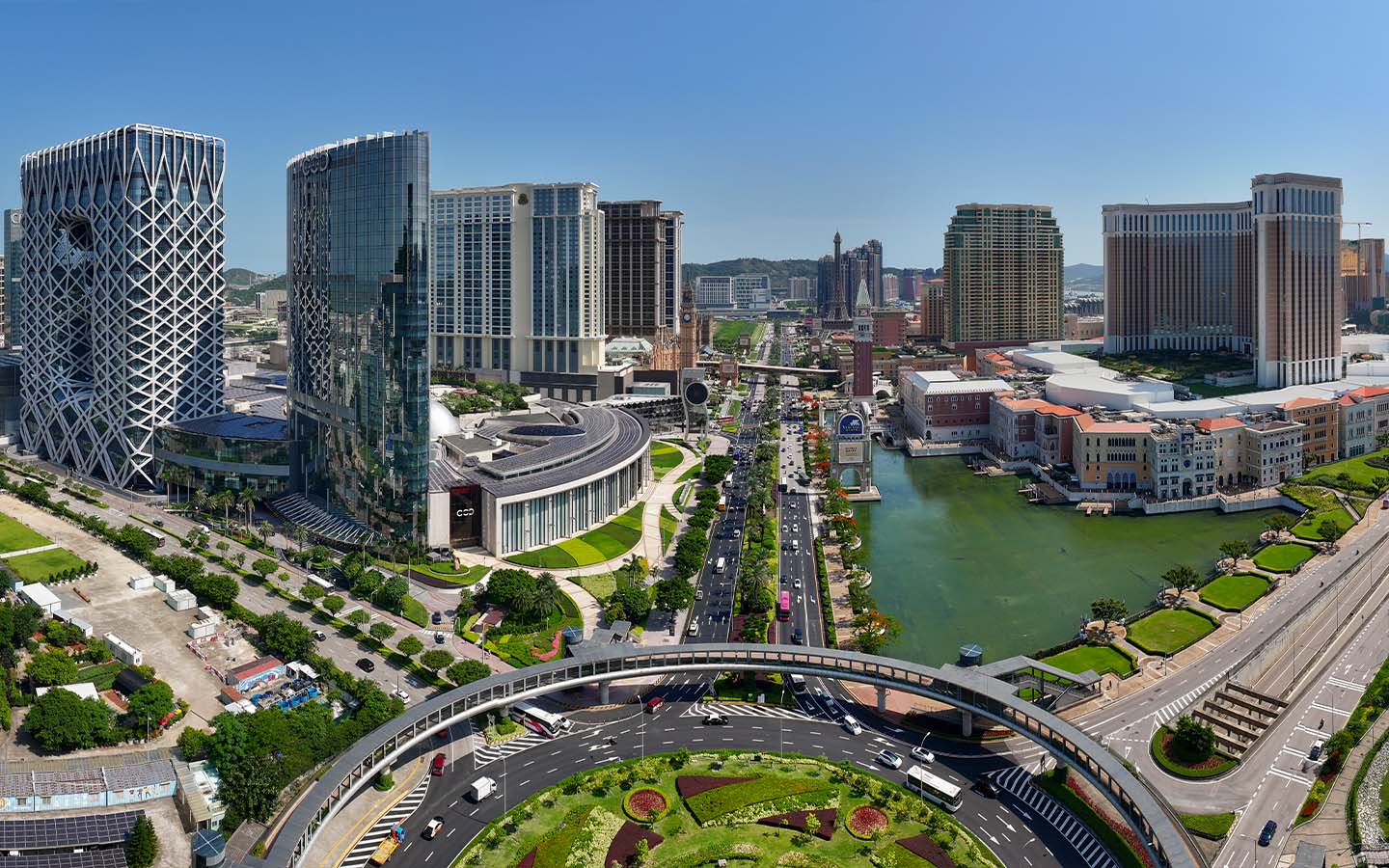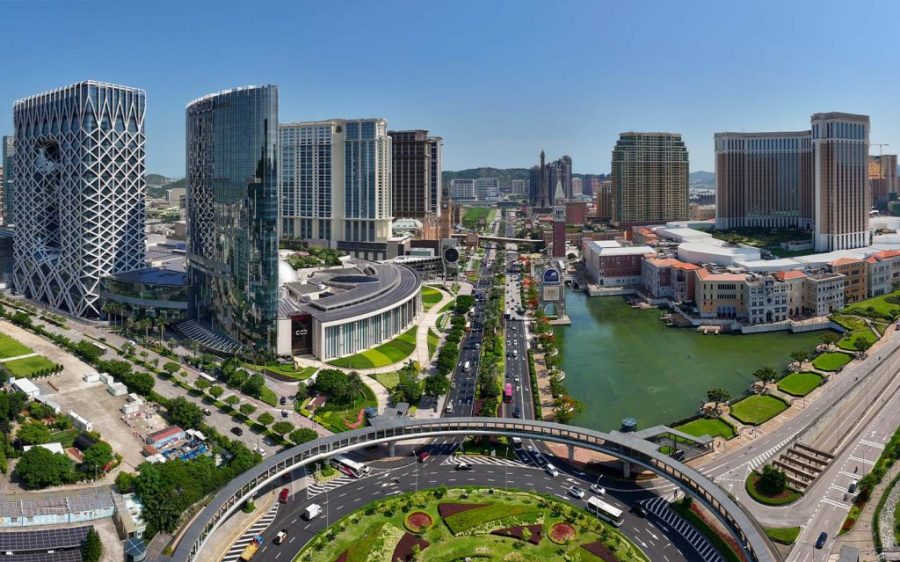Lawmakers have raised concerns about the slow pace of non-gaming investments promised by Macao’s six casino operators, prompting the SAR’s economy chief to reaffirm the government’s commitment to strict oversight.
According to the Macau Daily Times, Tai Kin Ip, the secretary for economy and finance, has told legislators that concessionaires must adhere to their contractual obligations and ensure timely execution of all non-gaming investment plans.
As part of their current 10-year gaming concessions, dating back to January 2023, the operators pledged to invest a collective 108.7 billion patacas in ventures that had nothing to do with gambling over the course of their contractual period. However, following a stronger than expected performance in gross gaming revenue (GGR) in 2023, the amount was increased by 20 percent – amounting to a collective total of 130 billion patacas.
[See more: How would you spend a trillion patacas? (That’s US$124 billion)]
These investments, which are overseen by seven government departments, are supposed to support Macao’s economic diversification, with a focus on tourism, entertainment and cultural initiatives – such as neighbourhood revitalisation schemes.
Tai assured lawmakers that the government was being rigorous in its oversight, and would review each gaming operator’s progress every three years, the Times says.
Macao’s concessionaires generated a combined 226.8 billion patacas (US$28.1 billion) in GGR in 2024. The government has forecast a 5.8 percent rise in GGR this year, which would amount to 240 billion patacas (US$29.9 billion).






